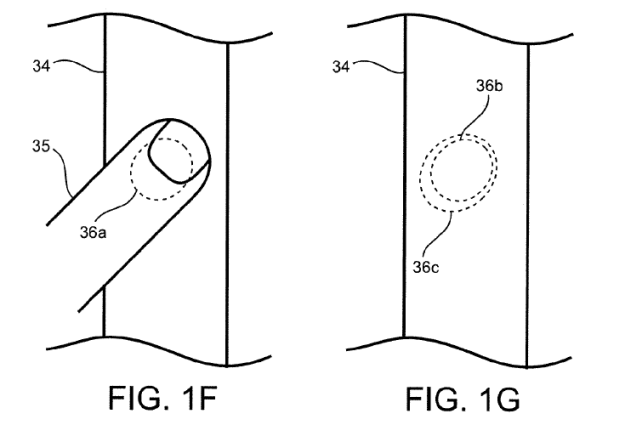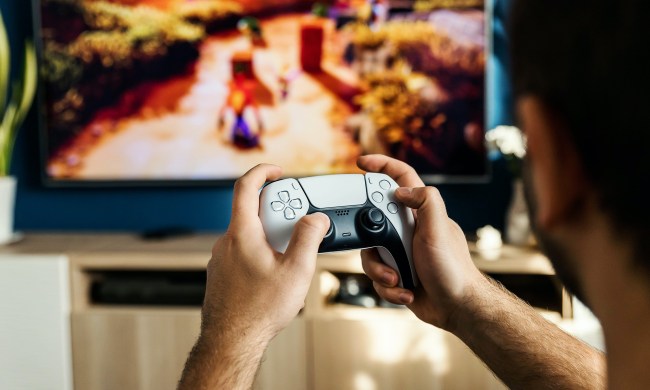
Nintendo made some noise at E3 a few years back when it unveiled plans to release a Vitality Sensor that could monitor the physical condition of gamers as they played, using biometric feedback to in some way enhance the interactive experience. Things never panned out for the Vitality Sensor, but it looks like Sony has made some moves in that direction as well.
A newly discovered patent application (via Siliconera) reveals the PlayStation maker’s rough schematics for a variety of bio-sensor-laden devices, including a mobile gaming platform, a Move-like motion controller and a DualShock lookalike. The sensor will be able to measure things like perspiration, heart rate and muscle movements. The application also helpfully offers some ideas for how such data could be used, reprinted below:
* Weapons that change depending on how stressed you are. An increase in stress level could make a weapon more accurate or less steady, which will make it difficult to target an enemy. Sony specifically mentions a sniper situation where the weapon becomes more steady if you’re relaxed.
* Tensing up your muscles to withstand an attack or charge up a shield.
* A video game character whose facial expressions, movements, posture, and even voice changes depending on your biometric data. For example, this character will sweat when a player is nervous.
* An adrenaline style boost which will let you run faster, jump higher, and punch harder when stressed.
* A health bar that depletes more rapidly if you have a high stress level.
* An attack button that changes a character’s move depending if the player is stressed or relaxed.
* Background music and scenery that changes depending on your stress level. Matching music is one example, but Sony also proposes to change music to make a player more relaxed. Brightness of objects and the zoom level, representing a higher level of focus, are two ideas for scenery.
A game that adapts difficulty levels depending on a players stress level.


